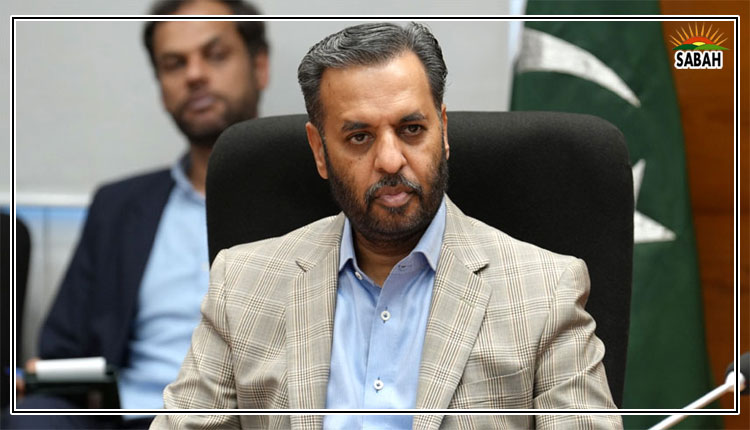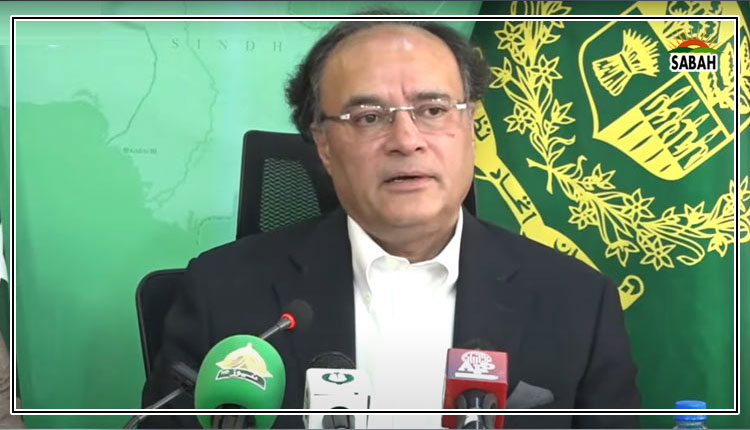‘Climate aid’…Umar Farooq
POST-COP28, it is imperative to examine Pakistans unique stance in the climate change dialogue. Pakistan now faces a new kind of challenge one that is environmental in nature but deeply rooted in its sociopolitical fabric.
Pakistan, despite its minimal contribution to global greenhouse gas emissions, is at the forefront of climate change impacts. The countrys vulnerability to environmental disasters is not solely due to global climatic changes; it is also profoundly exacerbated by local factors. Rapid urbanisation, characterised by subpar housing societies and an obsession with cars and expansive urban highways, along with rampant deforestation and excessive reliance on fossil fuels, have collectively precipitated a series of environmental crises.
These developments, while possibly benefiting the bureaucracy and enabling politicians to exploit taxpayer funds, have led the country towards a situation that is nearly irreparable. These local issues, often eclipsed by the broader narrative of global climate politics, are the actual catalysts for Pakistans escalating environmental degradation.
At the heart of these challenges lies Pakistans persistent dependence on inefficient and hazardous fossil fuels. Additionally, environmental protection regulators, run by an ad hoc bureaucracy that is adept at nothing except staging price control photo ops against street vendors, have failed to establish procedures to control emissions effectively.
The problem with Pakistans approach to environmental issues is a deeply ingrained dependency mindset. Traditionally, the country has sought external aid to address its problems. While bureaucracy and NGOs continue to receive aid, these funds often merely suffice to support the lifestyles of a few profiteers, offering negligible benefits to the community or the environment. However, in a world increasingly focused on environmental integrity and sustainable development, this dependent approach poses a significant threat to Pakistans future.
Triggered by the greenwashing controversy, there is focus on a more stringent approach that prioritises substantial emission reductions before considering the trading of carbon credits. This global trend towards green conditionalities poses a new challenge for countries like Pakistan. With the carbon credit market more competitive and stringent, without regulations we are out of the park.
Another emerging dimension in the global environmental paradigm is the focus on natural capital credits. European and UK policymakers are currently developing new codes that place greater emphasis on ecosystem services, such as tokens and credits derived from river catchment areas and the blue economy. For countries like Pakistan, this presents an opportunity and a challenge. The opportunity lies in harnessing its rich biodiversity and aquatic resources for ecological restoration and economic benefit. The challenge, however, is in developing the necessary frameworks and capabilities to participate effectively in these emerging markets.
The implications of this global shift are profound for nations like Pakistan. Despite promises of famous climate aid cheered by a few toadies, the reality is that funds often fail to materialise. Furthermore, controversies surrounding junk carbon credits have led to a significant focus shift towards high-integrity environmental codes. The future is likely to see a discouragement of secondary market trading of these credits. Even if Pakistan embarks on extensive reforestation for carbon sequestration, the absence of a robust mechanism to validate and trade these credits renders them virtually valueless in the global market.
This scenario mirrors the plight of Pakistans textile industry, which suffered when the world moved towards more water-efficient textile production methods, rendering Pakistans traditional, water-intensive methods obsolete.
For Pakistan, a country where human rights issues and displacement concerns are significant and where the human rights index ranks low, the global shift towards environmental justice presents a profound challenge. Future climate aid and environmental investments are likely to come with stringent green conditionalities that demand not just local initiatives but also adherence to the principles of environmental justice.
As Pakistan stands at this environmental crossroads, the message is clear: the time for meaningful action is now. The country must break free from the shackles of dependency and chart a new course towards environmental sustainability.
Courtesy Dawn












